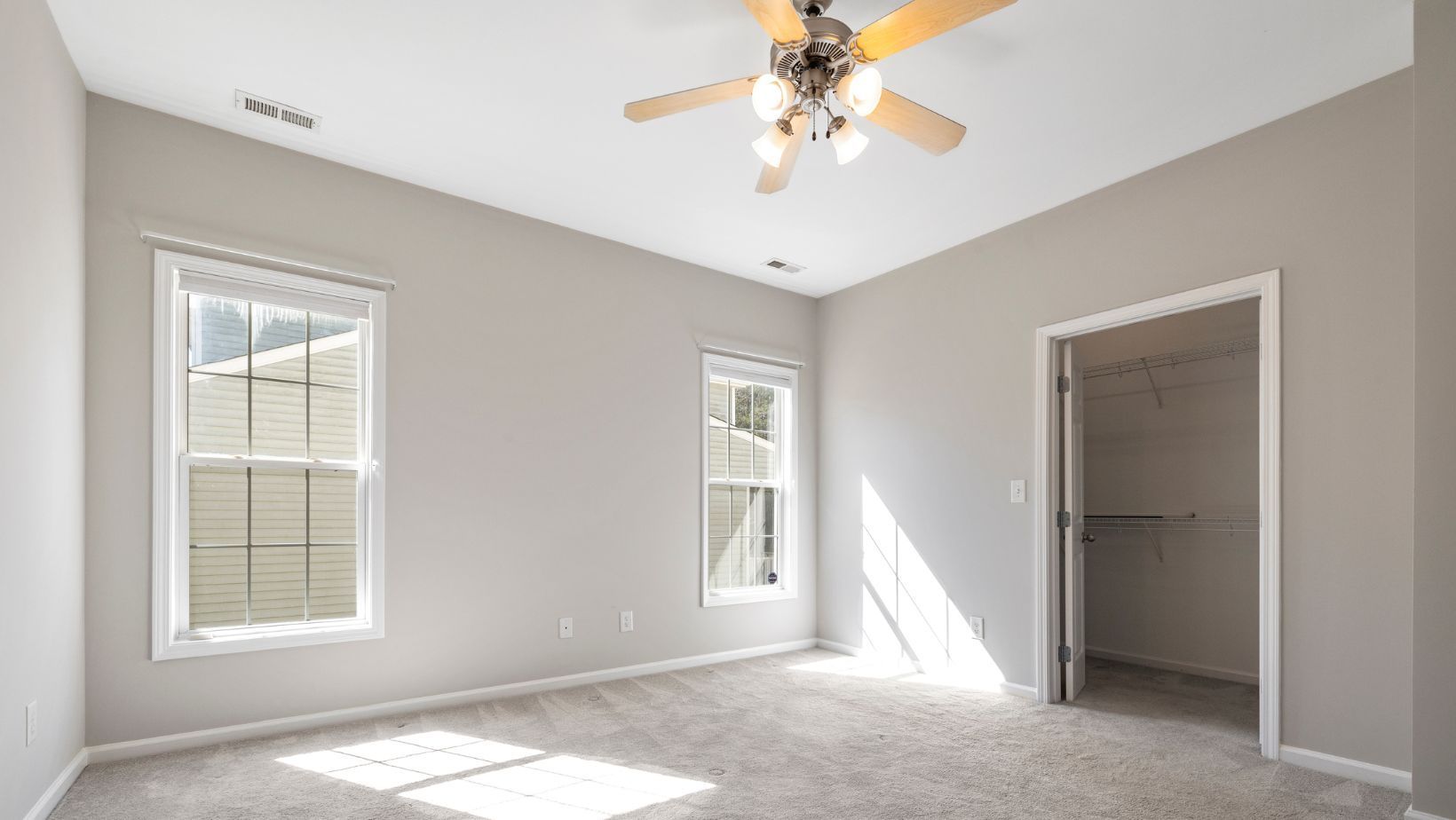Essential conditions for a S&P Agreement
Sirpa Gunn • April 25, 2018
This is a subtitle for your new post
Buying a property is a big investment, often the biggest individuals make in their lifetimes making the Sale and Purchase Agreement one of the most important documents they will ever sign. It is therefore quite alarming to see how many people enter into this legally binding contract without getting advice from a lawyer and without understanding what is contained in the agreement.
Only last week I had a young couple bring in a signed agreement to purchase a property that contained no conditions. They had found a property on Trade Me and signed up a Sale and Purchase agreement with the Vendors thinking that they were just “negotiating the price” and now wanted to order a LIM report and apply for finance approval. They were extremely surprised to discover that they had entered into an unconditional contract without including the necessary conditions! I come across this type of easily avoidable problem on a daily basis that purely result from individuals not getting legal advice before entering into an agreement. Some other examples are purchasers not realising that the price they have agreed to is plus GST, poorly drafted clauses that lead to disputes over the interpretation and the worst case of a client signing a blank agreement and leaving their friend to fill in the details!
Another misconception is that purchasers or vendors can cancel the agreement if they change their mind. This is not the case so it’s imperative that conditions are inserted into the agreement (before signing!) allowing the purchaser time to do their homework on the property.
The three most common conditions which are recommended for most residential property purchases are:
1. Finance Condition
Even if you have pre-approval from your bank you still need to get unconditional finance approval for the particular property you are purchasing.
2. LIM Report
This is report prepared by the City Council giving information regarding the property such as land features, rates, building consents, zoning and more
3. Building Inspection Report
Get a qualified building inspector to investigate the property for any potential maintenance, water tightness or structural issues
If you are purchasing a house that is being built or subdivision that is not yet complete a Sunset Clause may be appropriate. This would give you the option to get out of the agreement should the work not be completed and settlement not have occurred within a specified time frame. If you are an overseas person wishing to purchase sensitive land in New Zealand then an OIA consent condition would be required
Other common conditions include a subject to a Registered Valuation, Solicitors Approval, the Sale of an existing property and Due Diligence..
It is important that conditions are properly worded so that their meaning is clear and they are not disputed at a later date. A lawyer can help you in drafting a clause tailored to your specific situation.
Do not rely on verbal agreements with the Vendor or Agent.
If they have agreed to do something like maintenance work on the property prior to settlement include this in the further terms of sale
Remember – No two property purchases are the same it is therefore essential to always consult your lawyer
before entering into an agreement for Sale and Purchase to discuss what conditions are appropriate for the specific circumstances.
News and articles

Lets face it lockdown meant some big changes, for us individually, as a firm, an industry and a country. Working from home took some getting used to - our team reported quite varied challenges, from mastering new technology, balancing home schooling kids with work, coping with loneliness in isolation, to struggling to work with a dog on your lap (which if you have a St Bernard like I do, is a real challenge!) and last but by no means least, missing our favourite coffee fix! The transition was seamless for our clients, as we had all the systems in place to manage files, receive calls and emails and continue business as usual. Like most industries we have seen a marked decrease in work during the lockdown as property sales practically came to a standstill. We are pleased to see the market is starting to pick up again. The drop in mortgage interest rates make it a great time to refinance and easing of LVR restrictions mean that we are now seeing many enquiries from first home buyers which is a good sign! There have been some legislative changes that allow us to witness many documents via audio visual links rather than in person. This has definitely made things easier during lockdown and we will continue to use this method Post-covid to look after clients New Zealand wide and overseas. Our team is excited to transition back to the office from Thursday 14th May. We ask that clients please continue to email, call and video conference for a while longer as we will not be open for face to face appointments at this time. We trust that you are all safe in your bubbles and looking forward to returning to normality soon! Thada, Sirpa, Michelle and the CSL Team

Many people have taken advantage of the mortgage holiday option offered by mainstream banks to provide relief during the Covid 19 crisis in New Zealand. What some people may not have considered is that this is a repayment holiday not an interest holiday. The interest keeps accruing on your loan and is added to the amount you owe the bank. After the 6 month mortgage the amount you owe the bank will have increased. Let me give you an example. Say you have a $500,000 Mortgage fixed at an interest rate of 4.25% for 20 years. The interest you will be charged for the 6 months would be $10,625. During a mortgage holiday this interest would still accrue and would be added to the overall amount you owe. After 6 months your mortgage would have increased to $510,625. You would then be charged interest on this higher amount and/or the term of your loan would be extended. I realise that for some a mortgage holiday is the only way to make ends meet at the moment, but I have also seen many people who are just taking advantage of the offer and having a break from repayments just because they can. While a mortgage holiday may give you temporary cash flow assistance you need to consider the long term cost and assess if it is worthwhile. Could switching to interest only payments work out better in the long run. This way you will reduce your payments but not increase the amount you owe. Important note: This is a discussion topic only based on the personal opinion of the author. It does not reflect the companies views or policies and is not intended to give legal, financial or tax advice








